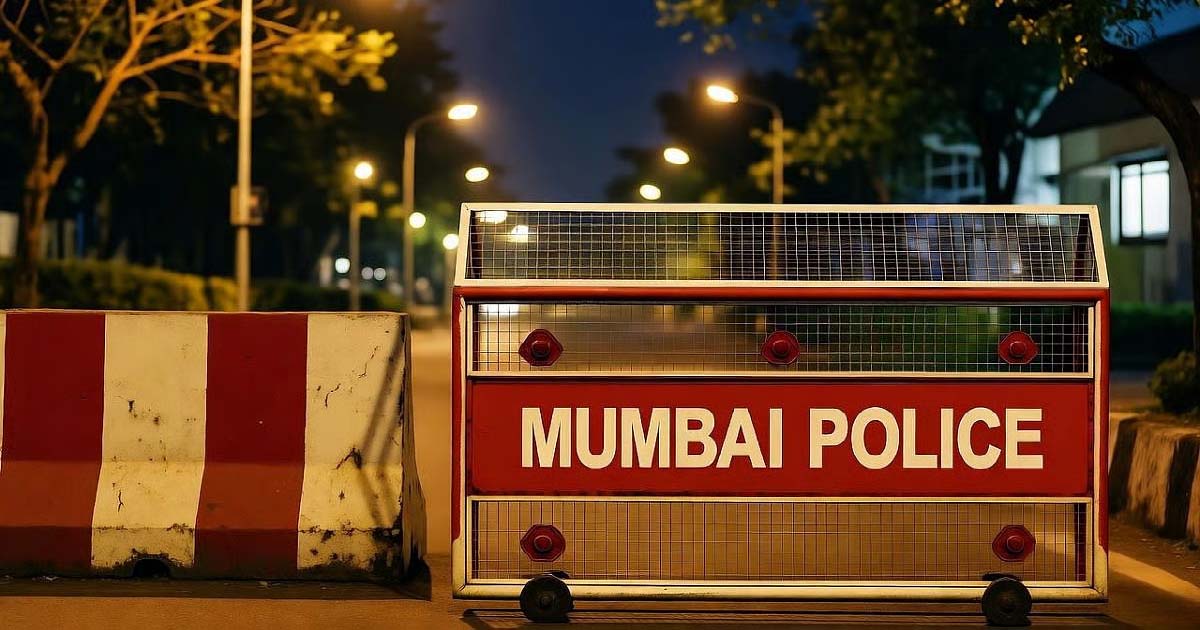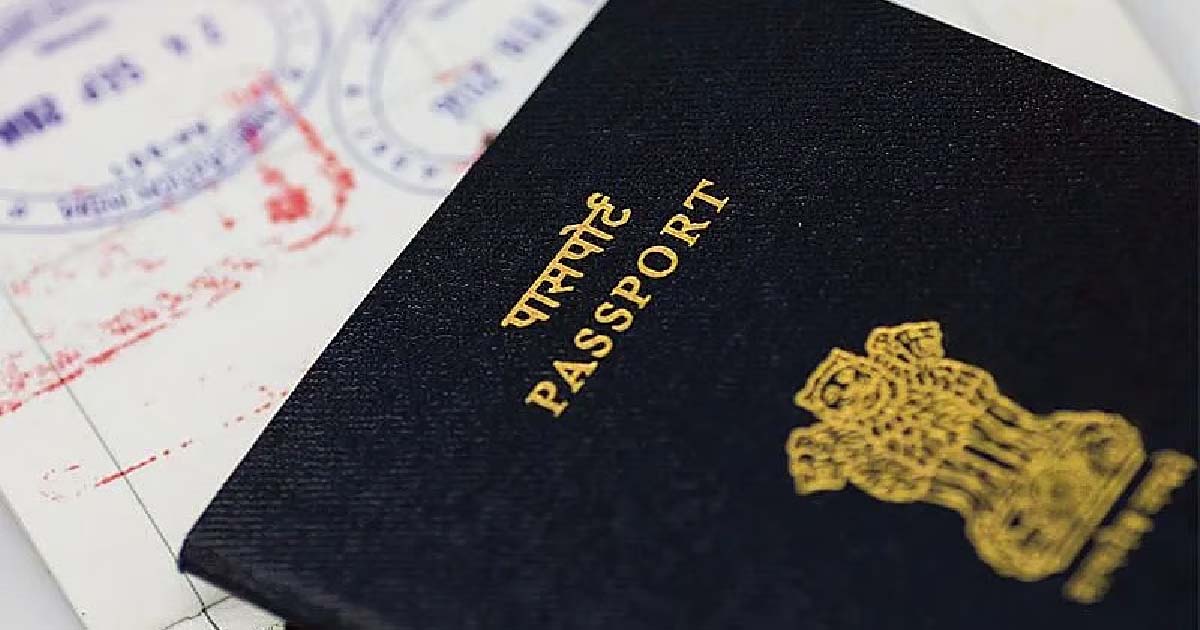Crime
Future of Bengal’s Pegasus panel uncertain after SC sets up committee
With the Supreme Court appointing an independent expert technical committee to examine allegations that the government used Israeli spyware, Pegasus, the future of the two-member commission, formed by the West Bengal government three months before, to probe the issue is unclear.
Though the state commission is yet to come out with an official statement, a section of legal experts believes that after the formation of the committee by the apex court, it has lost its relevance.
The two-member commission comprising former Supreme Court judge, Justice Madan B. Lokur, and former Calcutta High Court Justice Jyotirmay Bhattacharya, met on Thursday to decide their future course of action but declined to speak anything on the issue.
Chief Minister Mamata Banerjee had set up the commission of inquiry into the alleged surveillance of phones using the Pegasus spyware developed by the Israeli cyber-intelligence company NSO Group. It was look into the alleged breach of privacy of several individuals – journalists, activists, businesspersons, police officials, politicians – both in the government and the opposition.
According to the notification issued by the West Bengal government, the commission will “enquire into and report on inter alia the reported interception and the possession, storage and use of such information collected through such interception, in the hands of state actors and non-state actors”.
The commission, set up under the Commissions of Inquiry Act, 1952, was given powers of a civil court, while trying a suit under the Code of Civil Procedure, 1908. This means that it had powers to summon and enforce the attendance of any person from any part of India and examine him or her on oath, and receive evidence, and it can order requisition of any public record or copy from any court or office.
Under Section 5 of the Act, the commission also has the power to require any person, subject to any privilege which may be claimed by that person under any law for the time being in force, to furnish information on such points or matters that, in the opinion of the commission, may be useful for, or relevant to, the subject matter of the inquiry.
According to political experts, Banerjee’s move to form the commission was an effort to force the Centre to react. Though both the Central and state governments can set up such commissions of inquiry, states are restricted by subject matters that they are empowered to legislate upon.
According to the legal provisions, it matters who orders an inquiry first. If the Central government set up the commission first, then states cannot set up a parallel commission on the same subject matter without the approval of the Centre. But if a state has appointed a commission, then the Centre can appoint another on the same subject if it is of the opinion that the scope of the inquiry should be extended to two or more states.
However, a section of the legal experts believe that the state commission cannot run simultaneously with the committee formed by the Supreme Court.
“The state cannot form this kind of commission legally but the state government has formed the commission under the Commissions of Inquiry Act 1952. The committee the Supreme Court has formed is not under the Act, but it is on the basis of powers vested on the Supreme Court,” former Supreme Court judge Asok Kumar Ganguly said.
“The committee has been formed under Article 142 of the Constitution. If this committee functions, then I cannot understand how the illegal (according to me) commission formed by the state can function. This is not tenable under the Constitution of India,” he added.
However, Trinamool Congress MP and Supreme Court lawyer Kalyan Banerjee contended: “The two can function simultaneously. There is no problem in the functioning of the two commissions.”
Crime
Mumbai: Chembur Police Constable Run Over During Night Patrol; Driver Arrested

Mumbai: A constable attached to the Chembur police station was injured after being run over by a car during a routine night patrol late on Tuesday. The injured officer, identified as Constable Sachin Patil (40), is part of the police beat marshal team and has been serving in the Chembur division for the past two years. The incident occurred around 10:30 pm on Road No. 4 near Gandhi Maidan, an area frequently monitored for illegal activities during late-night hours.
According to police officials, Patil and his team were patrolling the area when they noticed a white WagonR parked by the roadside with two men seated inside. “When Patil approached and knocked on the car window to verify whether the occupants were consuming alcohol or drugs, they began behaving suspiciously. Suddenly, in an attempt to flee, the driver accelerated and ran the vehicle over Patil,” said an officer from the Chembur police station.
Patil sustained a leg injury in the incident and was immediately rushed to Rajawadi Hospital, where he received treatment before being discharged later in the night. He has been granted medical leave to recover fully from his injuries.
Following the attack, the police launched an intensive manhunt for the suspects. After several hours of tracing the vehicle through CCTV footage and local informers, officers tracked down and arrested the accused driver, identified as Mangesh Divte (35), a resident of Siddharth Colony, Chembur. The vehicle involved, the white WagonR, has been seized as part of the investigation.
Senior Police Inspector Rajesh Kewale of Chembur police station confirmed the arrest and said that the medical examination of Divte has been conducted, with results awaited to determine whether he was under the influence of alcohol at the time of the incident.
Divte has been booked under Section 109 (attempt to murder) of the Bharatiya Nyaya Sanhita (BNS) for intentionally endangering the life of a police officer on duty. Meanwhile, his accomplice, who was in the car during the incident, remains absconding. “A search is underway to locate and arrest the second accused at the earliest,” Kewale said, according to the report.
Crime
Fake BARC Scientist Case: Delhi Police Nab Main Accused’s Brother With Forged Passports

Mumbai: The Mumbai Crime Branch’s probe into the fake Bhabha Atomic Research Centre (BARC) scientist case has widened, exposing a sophisticated document forgery racket spanning Mumbai, Delhi, and Jharkhand. The main accused, Akhtar Hussain Qutubuddin Ahmed alias Alexander Palmer (60) arrested from Versova’s Yari Road earlier this mont has now been linked to multiple fake identity operations involving his brother and other associates.
According to police sources, Delhi Police’s Special Cell has arrested Akhtar’s brother, Adil Husaini alias Syed Adil Hussain alias Mohammad Adil Husaini alias Naseemuddin, from the Seemapuri area of Delhi. Adil was found in possession of multiple fake passports and other forged documents. The Delhi Police confirmed that the arrest followed intelligence inputs shared by the Mumbai Crime Branch.
Investigations have revealed that Adil was deeply involved in creating fake passports and identity cards using counterfeit Aadhaar cards and supporting documents. One original and two forged passports were recovered from him. Preliminary findings indicate that Adil not only created these forgeries but also used them for international travel, including to Pakistan and other countries, raising suspicions of possible links with foreign atomic agencies.
Meanwhile, the Mumbai Police Crime Intelligence Unit (CIU) has arrested another accused, Monazir Khan (34), from Jamshedpur, Jharkhand. He allegedly supplied forged documents including fake BARC ID cards, Aadhaar, and educational certificates to Akhtar Hussain. When produced before the court for the second time, Monazir was remanded to police custody until November 1, while Akhtar has been sent to judicial custody.
During interrogation, Akhtar had falsely claimed that his brother Adil was dead. His subsequent arrest in Delhi, however, disproved this.
Investigators suspect that Monazir Khan prepared Adil’s fake passport in 2016 using documents linked to an address in Jamshedpur that Akhtar had sold years earlier. The passport verification process reportedly failed to detect the discrepancy a lapse now under review by Jharkhand Police and passport authorities.
Further investigations have shown that Akhtar used at least three fake passports under the name Alexander Palmer, along with bogus PAN cards, Aadhaar cards, driving licences, and mark sheets from the Bihar Intermediate Education Board and Biju Patnaik University of Technology (Odisha). Authorities also recovered documents related to nuclear technology and maps suspected to contain sensitive data.
Forensic analysis of Akhtar’s phone revealed his use of advanced tools such as Super VPN Pro to mask his location while traveling under false identities across India and abroad since 2015.
A case has been registered at Versova Police Station under Sections 319(2), 336(2), 337, 338, and 340(2) of the Bharatiya Nyaya Sanhita (BNS), and Sections 61(2) and 12(1)(b) of the Passport Act. Both Mumbai and Delhi Police are coordinating with Jharkhand authorities to determine how these forged documents passed scrutiny and whether official collusion was involved.
Officials believe the case points to a high-level forgery network operating under the guise of scientific and government identities, raising concerns of potential national security breaches linked to the fake BARC credentials.
Crime
Mumbai Tragedy: 22-Year-Old Ghatkopar Resident Dies In Drunk-Driving Crash At Chembur’s Tilak Nagar; Friend Injured

Mumbai: A 22-year-old man, identified as Varun Prasad Kamble, a resident of Ramabai Colony, Ghatkopar (East), died in a road accident at Tilak Nagar, Chembur, early Tuesday morning. His friend, Abhijeet Mangesh Sapkal, 20, sustained multiple injuries in the crash.
According to the statement given by the injured Sapkal to the Tilak Nagar police, both he and Kamble were unemployed at the time of the incident. Sapkal had previously worked at Garden Hotel in Bandra-Kurla Complex, while Kamble was employed with a diamond company in Andheri before taking a month-long leave.
According to the FIR, on the evening of October 27, around 7 to 8 p.m., the duo borrowed their friend Rahul Binde’s NTorq scooter (MH-03-DH-4705) and went drinking at Nokia Bar on P.L. Lokhande Marg, Chembur. Kamble was allegedly already intoxicated when he arrived. They were later joined by three other friends at the bar. The group also visited another establishment, Sridevi Bar, located opposite the first one.
After returning to their neighborhood around 12.30 a.m., the friends chatted for a while before dispersing. Kamble and Sapkal then decided to ride to Kurla (West) for a late-night snack of bhurji pav. At around 2 a.m. on October 28, the two reached the Kohinoor area in Kurla (West) but couldn’t find any food stalls open.
Kamble then insisted on driving the scooter, to which Sapkal agreed. While returning towards Ramabai Colony, at around 2.30 a.m., Kamble lost control of the vehicle on the LTT Bridge, SCLR Road, Tilak Nagar, and the scooter skidded after hitting a road divider.
Sapkal sustained injuries to his head, hands, shoulders, leg, and nose, while Kamble, who was not wearing a helmet, suffered a severe head injury and fell unconscious. Both were rushed to the Rajawadi Hospital, where doctors declared Kamble brought dead.
The Tilak Nagar police have registered a case based on Sapkal’s complaint. Kamble has been booked posthumously under relevant sections of the Bharatiya Nyaya Sanhita (BNS) Act, and the Motor Vehicles (MV) Act, for rash and negligent driving under the influence of alcohol, leading to his own death and injuries to another person.
-

 Crime3 years ago
Crime3 years agoClass 10 student jumps to death in Jaipur
-

 Maharashtra1 year ago
Maharashtra1 year agoMumbai Local Train Update: Central Railway’s New Timetable Comes Into Effect; Check Full List Of Revised Timings & Stations
-

 Maharashtra1 year ago
Maharashtra1 year agoMumbai To Go Toll-Free Tonight! Maharashtra Govt Announces Complete Toll Waiver For Light Motor Vehicles At All 5 Entry Points Of City
-

 Maharashtra1 year ago
Maharashtra1 year agoFalse photo of Imtiaz Jaleel’s rally, exposing the fooling conspiracy
-

 National News1 year ago
National News1 year agoMinistry of Railways rolls out Special Drive 4.0 with focus on digitisation, cleanliness, inclusiveness and grievance redressal
-

 Maharashtra12 months ago
Maharashtra12 months agoMaharashtra Elections 2024: Mumbai Metro & BEST Services Extended Till Midnight On Voting Day
-

 National News1 year ago
National News1 year agoJ&K: 4 Jawans Killed, 28 Injured After Bus Carrying BSF Personnel For Poll Duty Falls Into Gorge In Budgam; Terrifying Visuals Surface
-

 Crime1 year ago
Crime1 year agoBaba Siddique Murder: Mumbai Police Unable To Get Lawrence Bishnoi Custody Due To Home Ministry Order, Says Report












